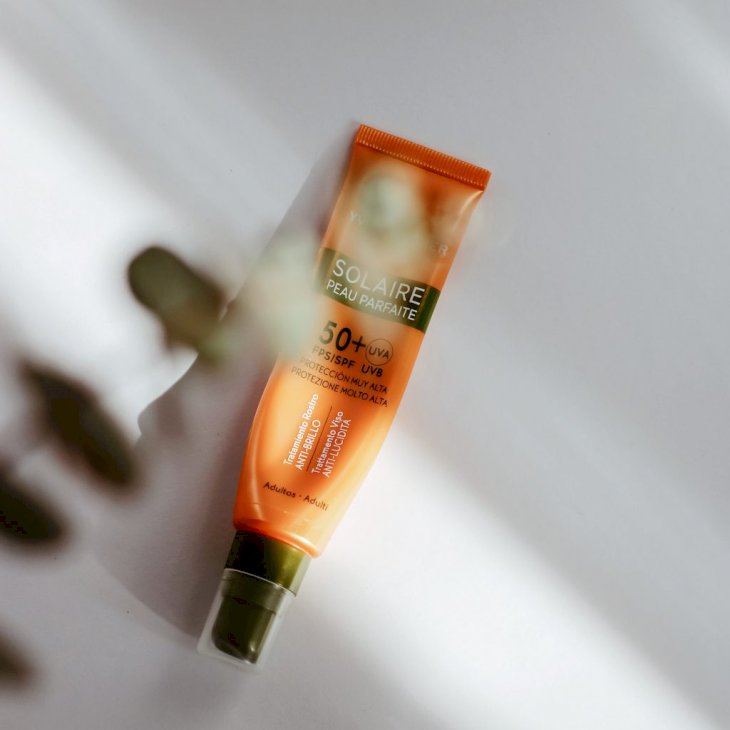
Unpacking The Differences Between Mineral & Chemical Sunscreens
Sunscreen options have expanded significantly over the years. Furthermore, the lingo that accompanies these new options can be dizzying.
Tinted, broad-spectrum, mineral, UVA, and UVB, there are many things to consider when buying sunscreen. Among these are mineral and chemical sunscreens.
But what are mineral and chemical sunscreens, and more importantly, what do they even matter to your skin? We're looking at the pros and cons of each of them.
What Is A Chemical Sunscreen?

Photo by National Cancer Institute on Unsplash
Chemical sunscreen is absorbed into the skin and subsequently converts UV rays into heat, then releases that heat from the skin. This kind of sunscreen is made with chemical compounds. In other words, the active ingredients that protect your skin from harm are non-natural.
Non-natural doesn't inherently mean bad for your skin. In fact, chemical sunscreens tend to be more lightweight, making them ideal for daily use. This moisturizer-like formulation is part of the appeal of this type of sunscreen.
While there is, admittedly, some research that still needs to be done regarding chemical sunscreen, one of the glaring downsides is that it requires reapplication throughout the day. Also, it can take up to thirty minutes for a chemical sunscreen to absorb into the skin and be fully effective.
What Is A Mineral Sunscreen?
On the other hand, mineral sunscreen (also referred to as physical sunscreen) is a sunscreen that uses minerals as its active ingredients. They work by sitting on the skin and reflecting UV rays away from the body.
This is why they're sometimes called "physical sunscreens." They act as a physical barrier between the rays and your skin. The active ingredients in these types of sunscreens are typically zinc oxide and titanium dioxide.

Photo by Nataliya Melnychuk on Unsplash
Mineral sunscreen doesn't require frequent reapplication throughout the day like chemical sunscreens to protect your skin from the sun's rays and works immediately upon application. Among the pros of this sunscreen is the fact that it's less likely to clog pores.
However, they can often leave an unsightly white cast which many people, especially people with darker skin tones, may not like. But it's worth noting that there are mineral sunscreens out, significantly minimizing the chalky white cast.
How To Choose The Best For You
The answer isn't exactly cut and dried. At least five of the compounds of the Food and Drug Administration (FDA) approved compounds show potential risks, and some have raised questions around breastfeeding safety, according to a study led by Dr. Margret Schlumpf of the University of Zurich. Some of the compounds in question include:
- Octinoxate
- Oxybenzone
- Octocrylene
- Padimate O
With that being as it may. North Carolina-based, board-certified dermatologist Muneeb Shah points out to "Allure" that "The risk of sun exposure and skin cancer have far more scientific evidence than the risk of chemical sunscreens." However, they conclude that it's a matter of preference which sunscreen you choose.
Furthermore, when looking at a sunscreen for acne-prone skin, Hadley King, MD, a New York City-based board-certified dermatologist, recommends to "Byrdie" that physical sunscreens may be better. In the same breath, there are other ingredients to factor in, like fragrances and preservatives.
The consensus is that whichever sunscreen you like has an SPF of at least thirty is good enough as long as you incorporate a generous slobbering of the good stuff regularly.